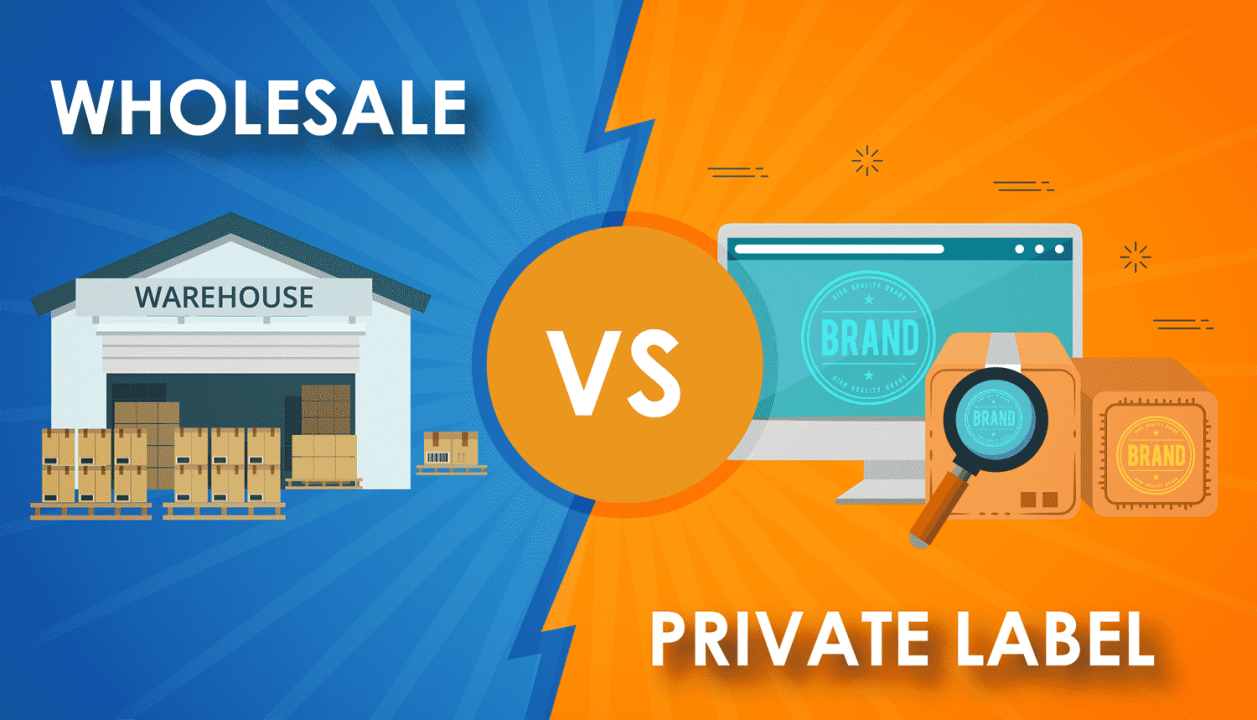The Wholesale IT Hardware Market: Trends, Challenges, and Opportunities Leave a comment
The wholesale IT hardware market is an essential part of the global technology supply chain, playing a critical role in providing businesses, retailers, and resellers with the necessary components to build, repair, or upgrade IT systems. The scope of this market spans across various sectors, including data centers, networking, storage, servers, and personal computing devices, making it a cornerstone of modern business operations and consumer technology.
1. Market Overview
The wholesale IT hardware market consists of distributors, resellers, and system integrators who procure hardware in bulk from manufacturers and sell it at discounted prices to smaller businesses or retailers. This market includes a wide range of products, such as:
- Processors & CPUs: Central processing units that are integral to system performance.
- Motherboards & Components: Essential components for assembling personal computers and servers.
- Storage Devices: Hard drives, SSDs, and other forms of data storage used across various industries.
- Networking Equipment: Routers, switches, and cables that facilitate communication between systems.
- Servers & Data Centers: High-performance machines used for enterprise computing and hosting solutions.
2. Current Trends in Wholesale IT Hardware
Several key trends are shaping the wholesale IT hardware market today:
a. Increasing Demand for Cloud Infrastructure
Cloud computing has revolutionized how businesses store data and run applications. The rise in demand for cloud services, such as IaaS (Infrastructure as a Service) and PaaS (Platform as a Service), has led to a surge in the need for servers, data centers, and networking hardware. Wholesale distributors are experiencing increased demand for these high-performance components as companies scale their operations in the cloud.
b. Shift Toward Remote Work and Hybrid Environments
The COVID-19 pandemic accelerated the global shift toward remote and hybrid work models. As a result, businesses are investing heavily in personal computers, laptops, networking equipment, and security devices to support a decentralized workforce. Wholesale IT hardware suppliers are capitalizing on this shift, offering bulk discounts on laptops, webcams, virtual private network (VPN) hardware, and collaboration tools.
c. Sustainability and Green IT
As environmental concerns grow, both consumers and businesses are increasingly looking for eco-friendly IT hardware options. Wholesale distributors are starting to offer energy-efficient products, as well as devices designed for longer lifecycles and recyclability. The push for “green IT” also encompasses the responsible disposal of e-waste, which is becoming a key consideration in the wholesale market.
d. Artificial Intelligence and Edge Computing
Artificial intelligence (AI) and edge computing are poised to transform how data is processed and analyzed. With the proliferation of IoT devices and the need for low-latency computing, edge computing hardware such as specialized processors and sensors are in high demand. Wholesale suppliers are adjusting their inventories to meet the requirements of AI and edge computing solutions.
3. Challenges in the Wholesale IT Hardware Market
Despite the numerous opportunities, the wholesale IT hardware market faces several challenges:
a. Supply Chain Disruptions
The global semiconductor shortage, exacerbated by geopolitical tensions and the COVID-19 pandemic, has impacted the availability of essential hardware components. Wholesale distributors have been forced to adjust their stock levels and prices in response to supply chain disruptions. These shortages have also caused delays in product delivery, making it difficult for resellers and businesses to meet their customers’ needs.
b. Price Fluctuations
Fluctuating prices of raw materials, such as metals and silicon, have led to unpredictability in hardware costs. Wholesale distributors must be agile in managing inventory and pricing strategies to stay competitive while ensuring they can offer value to their customers.
c. Technological Obsolescence
As technology evolves rapidly, older hardware quickly becomes obsolete, and businesses must continually adapt to new standards. This constant innovation poses a challenge for wholesale IT hardware vendors, who must stay on top of emerging technologies and ensure they are sourcing and distributing the most relevant and in-demand products.
4. Opportunities in the Wholesale IT Hardware Market
Despite the challenges, there are significant opportunities for growth in the wholesale IT hardware market:
a. Strategic Partnerships with OEMs
Building strong relationships with Original Equipment Manufacturers (OEMs) is crucial for wholesale IT hardware distributors. By negotiating bulk purchase agreements and exclusive deals, wholesalers can secure better pricing and a more consistent supply of popular products. These partnerships can also help wholesalers gain access to cutting-edge technology before it hits the broader market.
b. Growth of the E-Commerce Channel
Online sales of IT hardware have been growing steadily, with many businesses opting for digital platforms to procure their equipment. Wholesale distributors can take advantage of this trend by developing robust e-commerce platforms that cater to B2B customers. Offering personalized services, such as hardware configuration, installation, and post-purchase support, can help build long-term relationships with clients.
c. Expansion into Emerging Markets
As technology adoption increases in developing countries, there is a growing demand for affordable IT hardware. Wholesale distributors can tap into emerging markets by providing cost-effective solutions tailored to local needs. Offering payment plans, localized customer support, and flexible shipping options can help attract customers in these regions.
d. Value-Added Services
Wholesale distributors are increasingly offering value-added services to differentiate themselves from competitors. These services may include product bundling, custom hardware configurations, extended warranties, and installation services. By providing these additional services, wholesalers can create more revenue streams while enhancing the customer experience.
5. Conclusion
The wholesale IT hardware market is poised for growth, driven by technological advancements, changing business needs, and evolving consumer preferences. Distributors who are able to navigate the challenges posed by supply chain disruptions and price fluctuations, while capitalizing on emerging trends like AI, cloud infrastructure, and sustainability, will be well-positioned for success. As demand for IT hardware continues to rise, the ability to offer competitive pricing, reliable delivery, and value-added services will be key to thriving in this dynamic and competitive marketplace.

